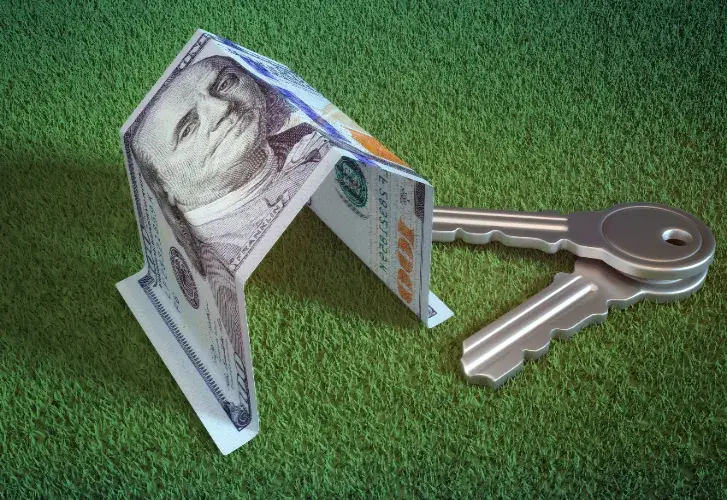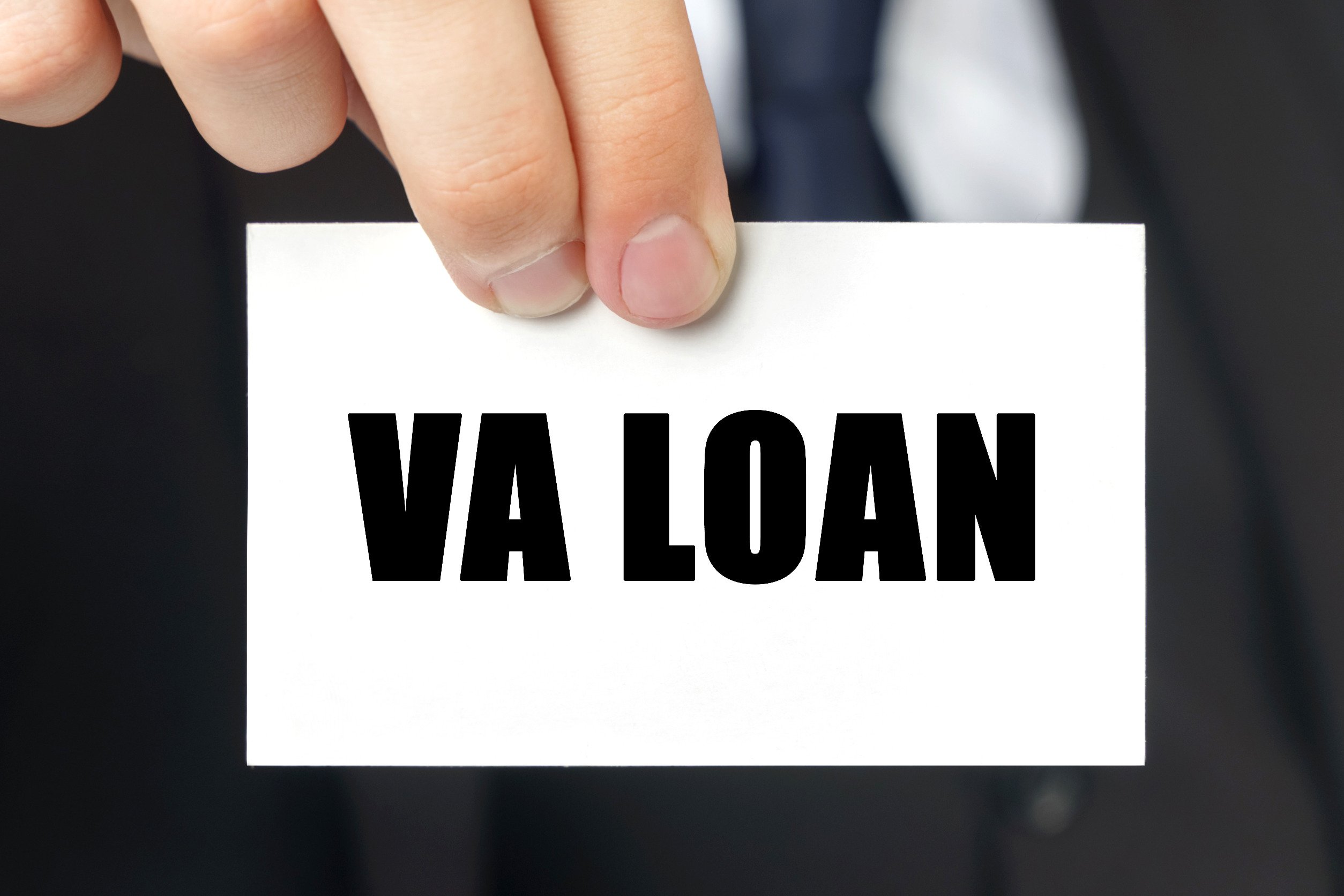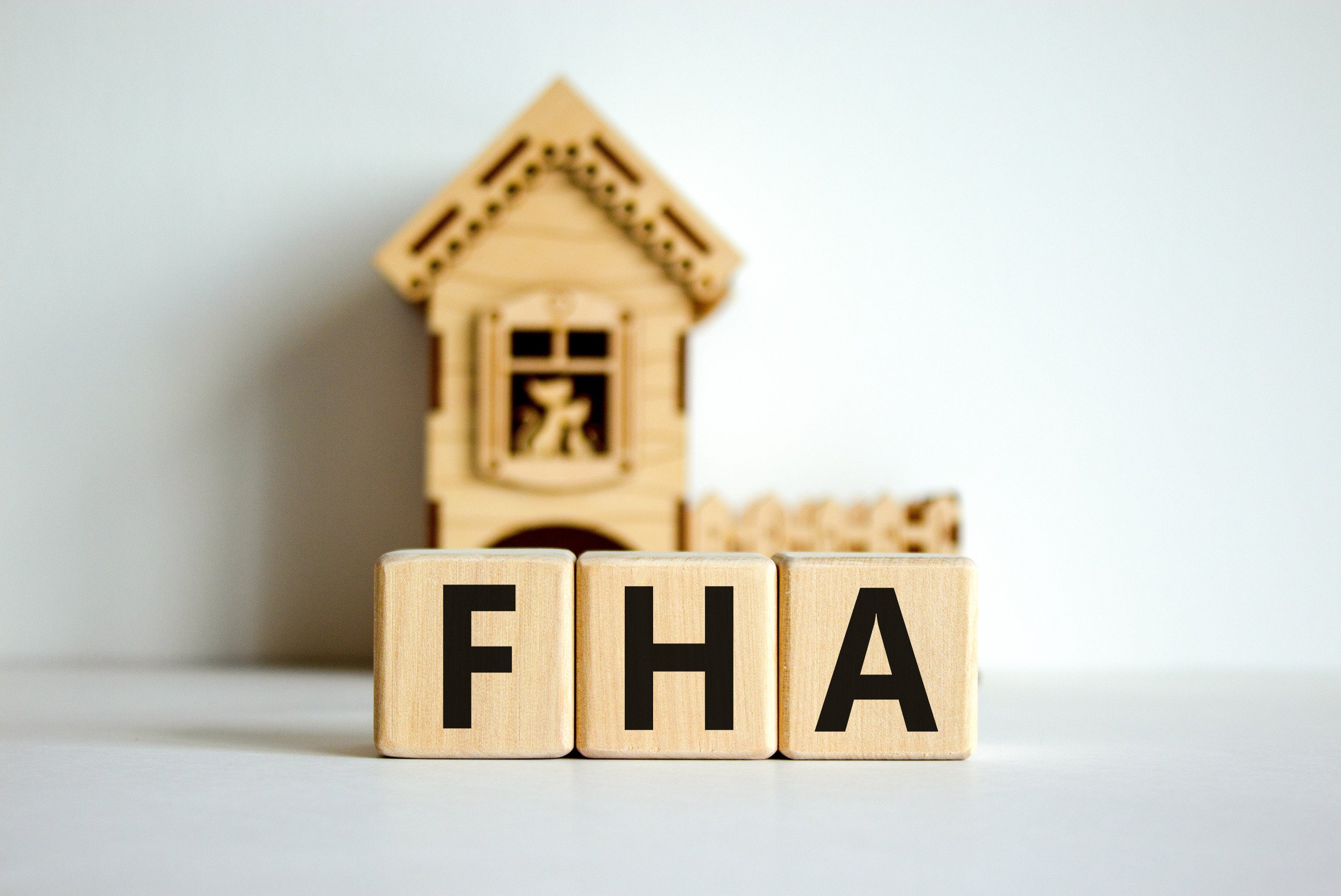Time and time again, we hear about people that have given up all hope on becoming a homeowner due to filing bankruptcy. While a bankruptcy filing (and/or discharge) can be a major blow to your financial reputation and credit score, it is not an automatic denial when looking to buy a new home.
There are many factors that come into play when trying to buy a home, like your employment history, monthly (or annual) income, how much disposable income you have left over after your obligations are paid, how much money you have saved for a down payment. If all else fails, there is always the opportunity for a cosigner. These additional factors can all be weighed out to help you (even with a significant impact like bankruptcy on their credit report) still qualify for a home loan.
Remember this, with any style of loan there are mitigating risks and compensating factors that can help borrowers qualify for a loan that they otherwise would be denied for. For example, say both you and your neighbor filed for bankruptcy one year ago. You both work at the same company and you make the exact same amount of income every month. You may think that if your neighbor was denied for a loan you would be to, but as you dig deeper questions about savings, amount of down payment, or whether anybody in your family could help gift you a down payment or equity all make a difference. Additionally, did anything unexpected happen that led to the bankruptcy? Questions like these among others will vary one’s ability to be considered less of a credit risk than another, even if on the surface both applicants appear to be in a similar situation.
Working with an experienced mortgage lender, especially in a market as hot as Denver, Colorado, can make all the difference in the world. Knowing what questions to ask on top of the routine fact-finding questions can sometimes be the sole difference between an approval or a denial.
Critical Steps to Take
Below are some steps we recommend for anyone who’s been through something as challenging as a bankruptcy that will help increase your chances of obtaining a loan approval as fast as possible.
- Order a copy of your credit report.
- Review your credit report to ensure accuracy. Pay attention to any marks that are considered late or incorrect, as well as any collections or judgments that may appear.
- If any discrepancies are found, contact your creditor immediately and notify them of misreported pay histories and that it is causing you to not only have a lower score, but that it could be impacting you from obtaining new financing with favorable terms. Most people are not aware that almost half of the US population have incorrect items in their credit report.
- Have letters of explanation for what may have caused the bankruptcy. This information is best described by you and helps give more insight to what caused these event. Car accidents, loss of job, hospitalization of you or a child are considered “atypical” and out of your control. These situations can force you into something like filing for bankruptcy. If all bills prior to this event were paid as agreed (e.g., on time), it is very possible that you have a “good” explanation.
This is when dealing with a lender that understands risk and knows loan eligibility is not solely focused on credit scores is beneficial. Remember, others may not understand what you’ve been through if you don’t take the time to explain it to them. Even worse, you could be dealing with a lender who doesn’t consider asking you the right questions and takes your credit report at face value. If that sounds like you, you may want to consider looking for a new lender!
- Consider compensating factors such as your job history, high amount of disposable net income, larger than normal down payment, and the ability to have a cosigner on your loan. These factors can greatly impact your loan approval because they help mitigate the overall “risk” of the loan servicer by ensuring your ability to repay the debt. For example, maybe your loan isn’t approved with only 3.5% down but with 10% it very well could be approved.

A bankruptcy is a significant life event that will age and your scores will naturally heal over time, especially if you pay your bills in a timely manner going forward. Bankruptcies may have specific time elements built into them when it comes to obtaining a new loan, but those are limited to government backed loans.
FNMA, FHLMC, VA loans, and FHAs all have minimum requirements for major credit events in order to approve your loan. The typical wait time after a bankruptcy discharge for a loan insured from the FHA is two years. With Fannie Mae or Freddie Mac (also known as a conventional loans) that wait time jumps up to four years but can be as many as seven! However, there are alternate solutions if compensating factors exist that mortgage loan could even be approved within 48 hours of a bankruptcy being discharged.
We hope that this guide has been helpful and gives you the encouragement you need. Buying a home is possible, even after an event as challenging as bankruptcy. To discuss your unique situation today, reach out to one of our expert loan advisers today!





![Home Buying 101 [Infographic]](https://www.usmortgages.com/hubfs/infographic-home-buying-101-USM-web-FINAL-700.jpg)





